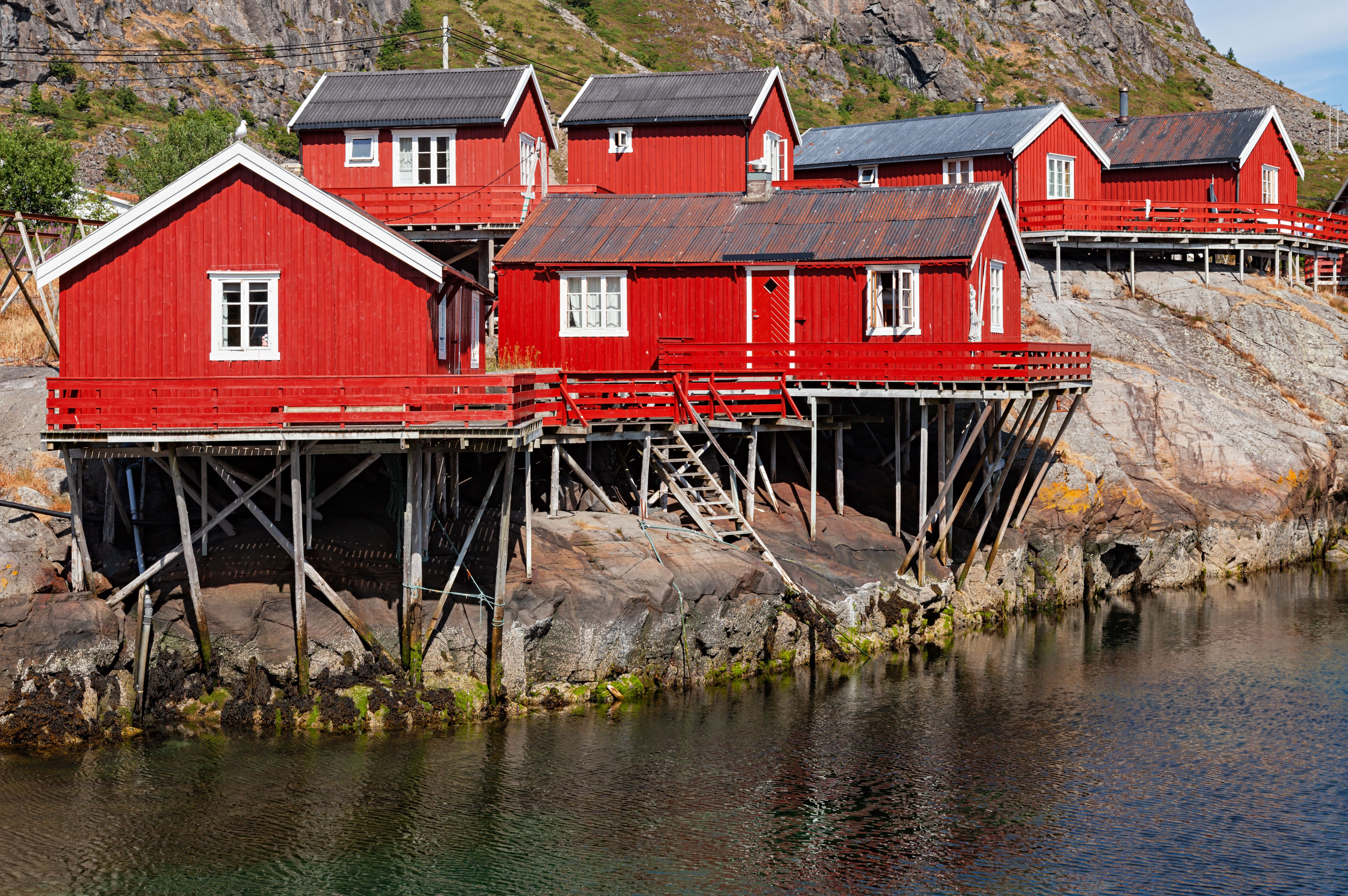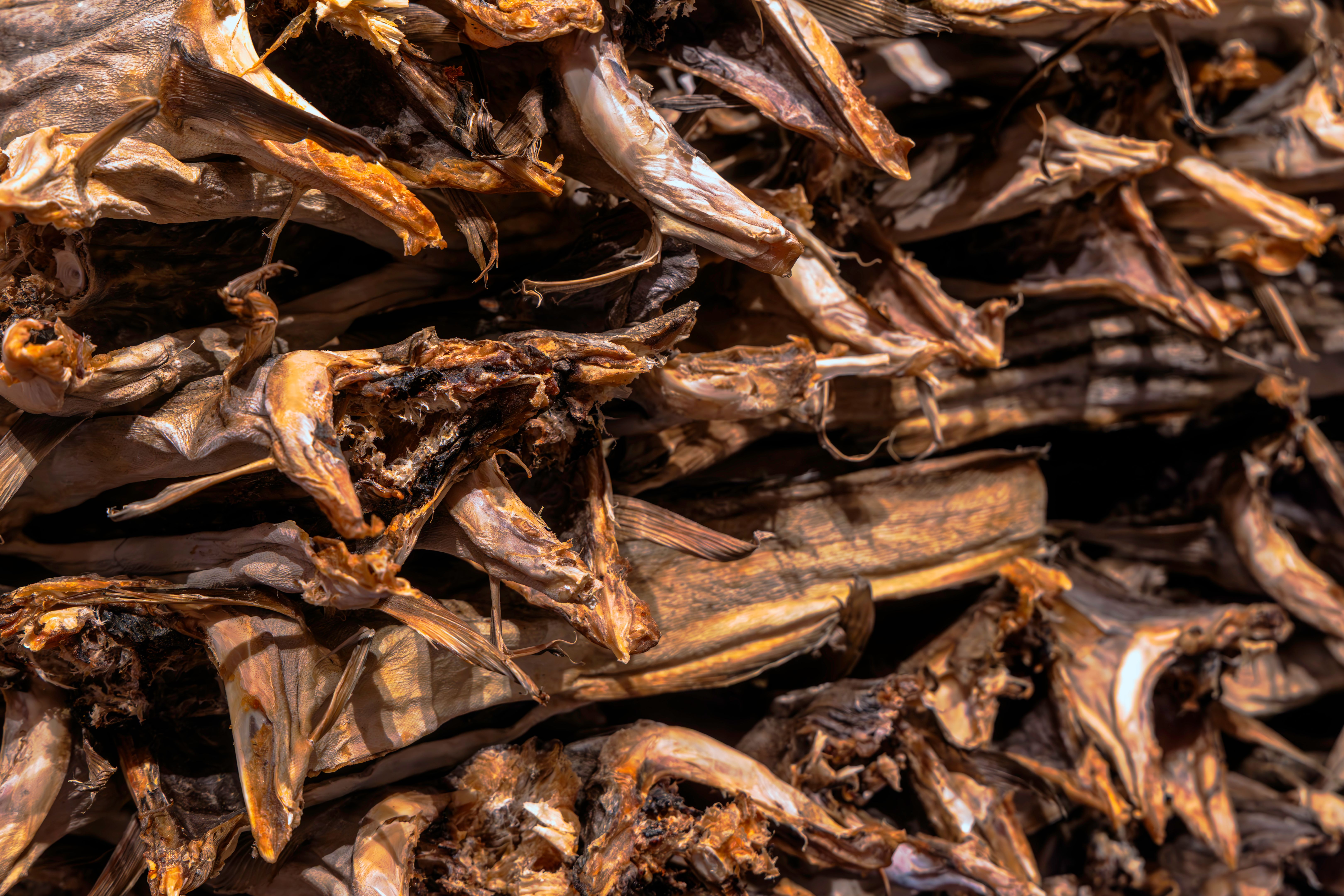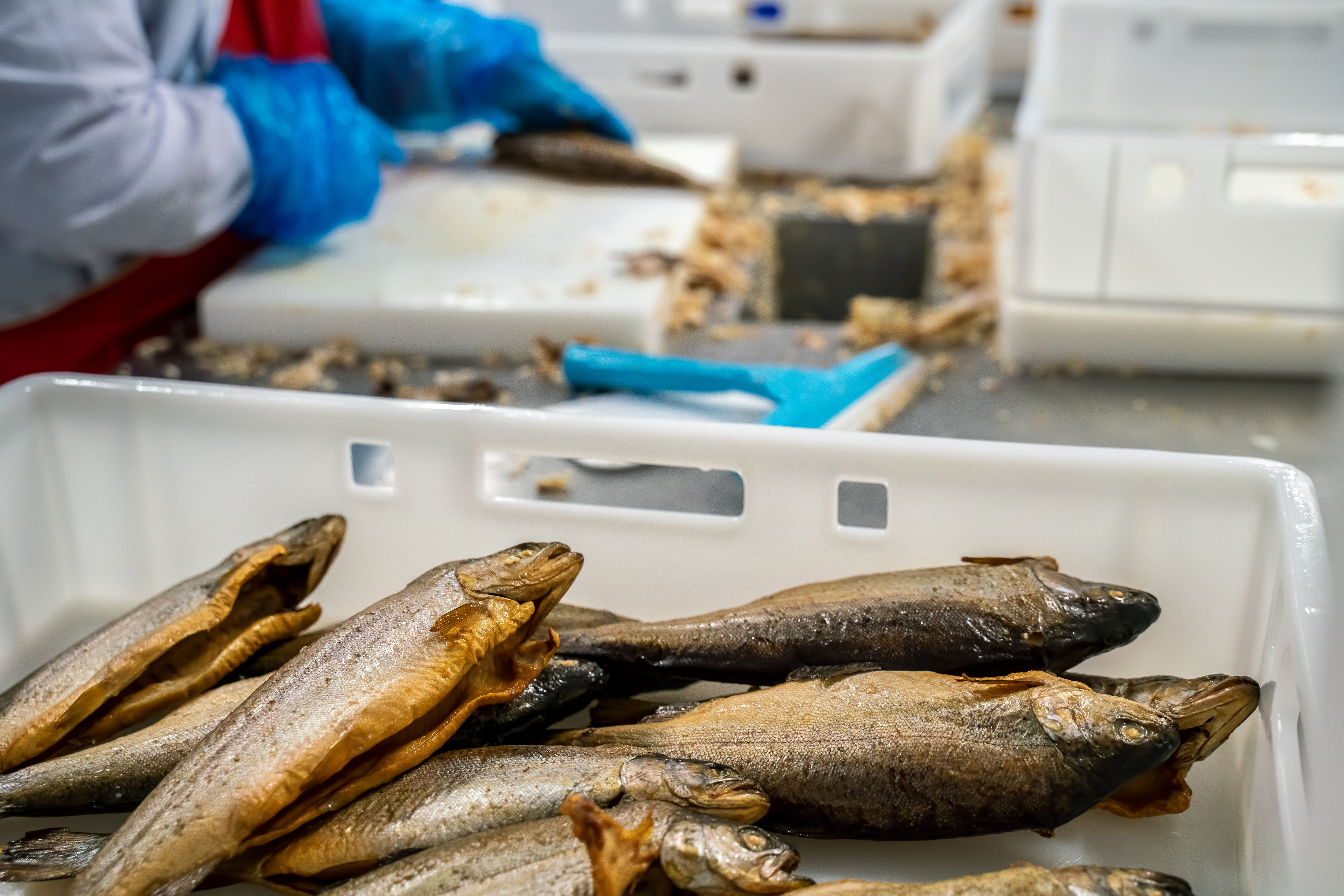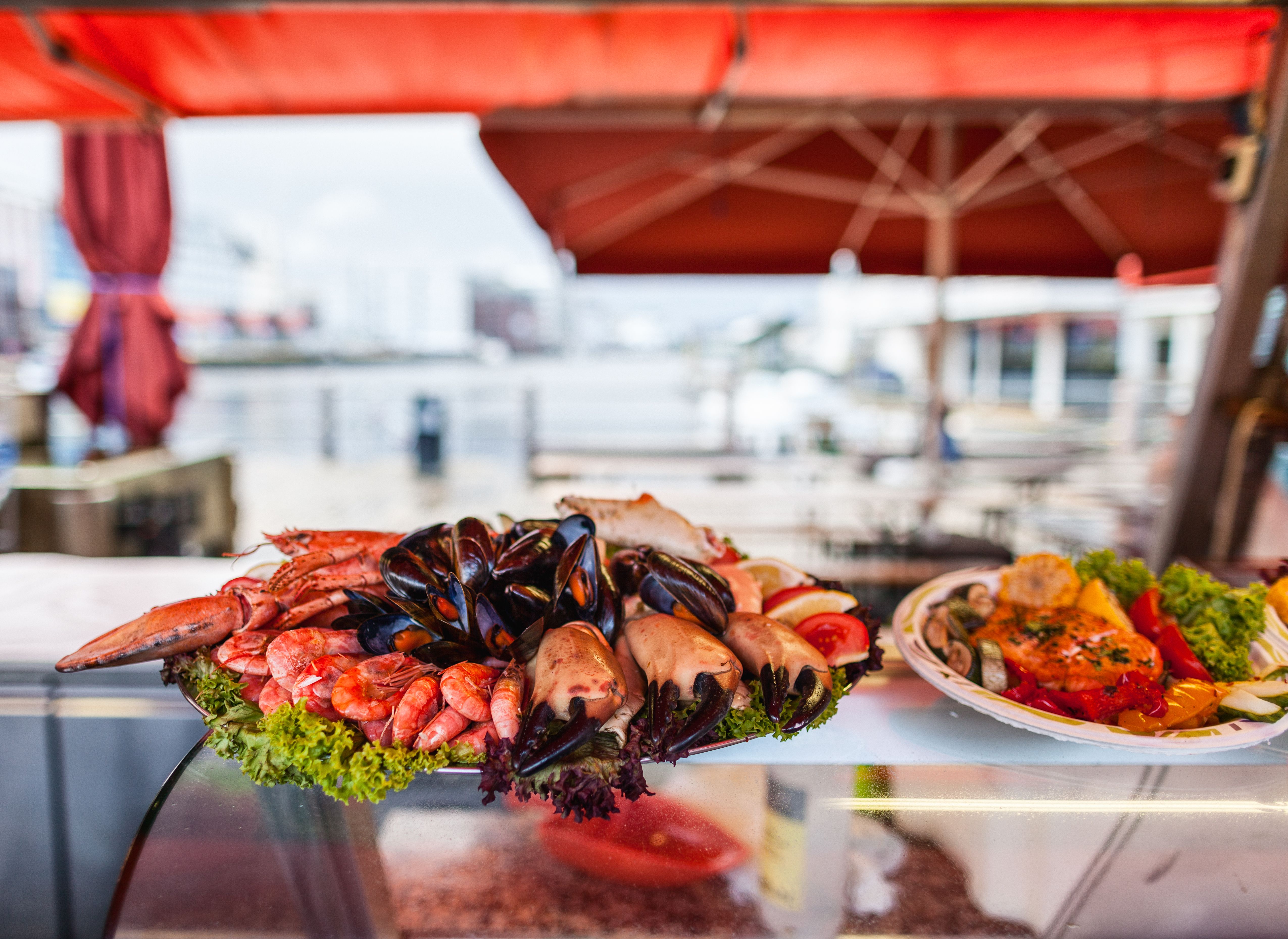The Art and Tradition of Fish Processing in Norway
The Historical Roots of Fish Processing in Norway
Norway's relationship with fish processing is steeped in history, dating back to the time of the Vikings. The need to preserve fish for long journeys and harsh winters led to the development of various techniques that have been passed down through generations. This tradition not only ensured survival but also laid the groundwork for one of Norway's most important industries today.
In medieval times, the dried fish trade flourished, with stockfish becoming a major export commodity. This trade had a significant impact on Norway's economy and social structure, helping to shape the nation we know today. The methods used centuries ago still influence modern practices, highlighting the enduring legacy of traditional fish processing techniques.

Traditional Methods of Fish Processing
One of the most iconic methods of fish processing in Norway is the creation of stockfish. This involves air-drying fish, particularly cod, on wooden racks called "hjell" along the northern coast. The cold, dry climate is ideal for this natural preservation method, resulting in a product that can last for years without refrigeration.
Another traditional technique is "rakfisk," a fermented fish dish typically made from trout. This method involves salting and fermenting the fish for several months, producing a strong flavor and aroma that is highly prized among Norwegians. These methods are not only practical but also deeply cultural, reflecting Norway's connection to its natural resources.

The Role of Technology in Modern Fish Processing
While traditional methods remain important, technological advancements have revolutionized fish processing in Norway. The introduction of freezing and vacuum-packing techniques has enabled producers to maintain fish quality while extending shelf life. This has allowed Norwegian seafood to reach global markets with ease.
Modern facilities are equipped with state-of-the-art machinery that enhances efficiency and ensures sustainability. Automation and quality control measures help maintain the high standards expected of Norwegian seafood, supporting the industry's reputation for excellence worldwide.

Sustainability and Innovation
The Norwegian seafood industry is renowned for its commitment to sustainability. Strict regulations ensure responsible fishing practices, preserving fish stocks for future generations. Innovations in aquaculture have also contributed to reducing pressure on wild stocks while meeting global demand.
Efforts to minimize waste have led to the development of by-products from fish processing. These include oils, proteins, and other materials that are used in various industries, from pharmaceuticals to cosmetics. Such innovations highlight Norway's ability to balance tradition with modernity, ensuring a sustainable future for its fish processing industry.
The Cultural Significance of Fish Processing
Fish processing is not merely an industry in Norway; it is a vital part of the country's cultural identity. Many communities have built their lives around fishing and processing, with festivals and culinary traditions celebrating this heritage. These cultural ties strengthen community bonds and preserve Norway's rich history.
From traditional dishes served at family gatherings to local festivals showcasing regional specialties, fish processing continues to play a central role in Norwegian culture. This enduring tradition is a testament to the deep connection between the people of Norway and their maritime environment.

The Future of Fish Processing in Norway
Looking ahead, the Norwegian fish processing industry is poised for further growth and innovation. Continued investment in technology and sustainable practices will ensure that Norway remains a leader in seafood production. Challenges such as climate change and global market fluctuations will require adaptive strategies and forward-thinking solutions.
Educating future generations about the importance of sustainable practices will be crucial to maintaining this industry’s success. By combining tradition with innovation, Norway can continue to thrive as a global seafood powerhouse while honoring its rich heritage.
Commercial Kitchen Marketplace
Your one-stop online destination for equipping professional kitchens. Discover a wide selection of durable, high-quality commercial-grade appliances, from heavy-duty ovens and refrigeration units to efficient food preparation tools and essential kitchenware. Visit our store: http://avice.org
